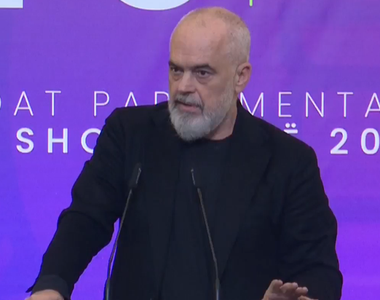
Scientists are preparing for an urgent mission to the world's largest iceberg , which is in danger of colliding with the island of South Georgia in the South Atlantic Ocean.
The A-68A iceberg, which is larger than Luxembourg, broke away from the Larsen C ice block in Antarctica in 2017 and has been moving towards the island ever since.
Researchers at the British Antarctic Survey (BAS) will fly to the Falklands archipelago on Jan. 11, be quarantined to make sure they have no coronavirus, and then embark on a three-day iceberg voyage aboard the RRS research vessel James Cook.
"Although icebergs are common, we have never seen anything like it, so it's the first for us," said Prof. Geraint Tarling, an ocean expert at BAS. "This brings about a major change in the environment."
Strong ocean currents are directing the iceberg, which has an area of ??4,000 square kilometers, from deep water to shallower waters. Beyond the ecosystem breakdown, if the iceberg gets stuck on the island, many other species will no longer have food.
When the research ship reaches the iceberg, scientists will use nets to collect and study animals in the water. Two robotic submarines called gliders will be launched to measure temperature, salinity and phytoplankton levels in the water. Scientists will patrol the region for four months, transmitting data to create a picture of the iceberg’s impact on the environment.
Source: Guardian





